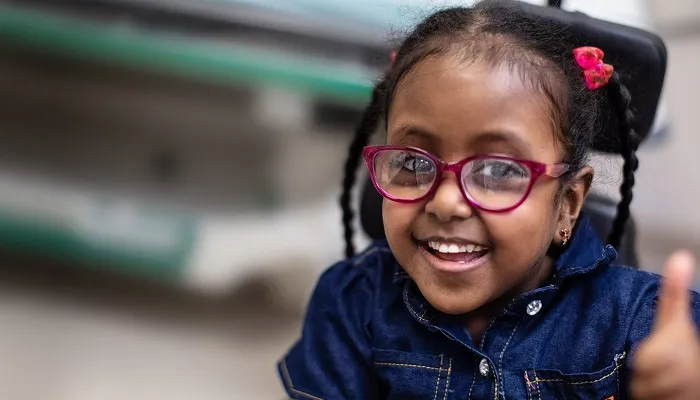Starting Monday, nurses and healthcare providers at Children’s National Hospital in Washington, D.C., will begin using “Hair for You,” a new training program designed to help staff care for patients with all hair types.
The initiative aims to ensure that hair care is included in everyday health routines. Reneé Roberts-Turner, executive director of Nursing Excellence and Child and Family Services at the hospital, explained that the program aligns with the hospital’s mission to support patients in all aspects of daily living.
“That includes anything from brushing your teeth to washing your face — and hair care is part of that,” Roberts-Turner said.
The “Hair for You” program includes a video module that offers nurses specific guidance on caring for a variety of hair types, from straight to curly and coily. The reaction from hospital staff has been mixed, Roberts-Turner noted.
“Some nurses feel too busy to add something new, but others are very interested and engaged,” she said.
Hair care can be medically important, not just cosmetic. During routine head-to-toe assessments, nurses often examine the scalp for signs of skin issues, including pressure injuries caused by hair accessories such as barrettes, braids, or cornrows. Nurses also sometimes provide medicated or specialized shampoos when needed.
Roberts-Turner shared a story about one mother who was grateful after a nurse cleaned her child’s hair following a medical test that left sticky residue on the scalp.
“She was so appreciative that her child’s hair could return to how it looked before,” Roberts-Turner said.
She emphasized that proper hair care is a key part of overall well-being. Nurses trained to handle all hair types can help patients feel more like themselves, especially when hospitalized.
“When you’re in a hospital, you don’t have much control. So it’s important we help people maintain their sense of self,” she said.
The training program took years to develop and officially launches next week. It includes tools like wide-tooth combs, brushes suited for textured hair, and a universal shampoo that works for various hair types.
“Our team spent time researching and selecting the right tools,” Roberts-Turner said.
Looking ahead, she hopes this program will set a new standard in patient care across the country.
“I think about the next generation,” she said. “When I go into a hospital, I want this to be a part of the care I receive too. Most people want their hair to be washed, clean, and cared for every day.”


